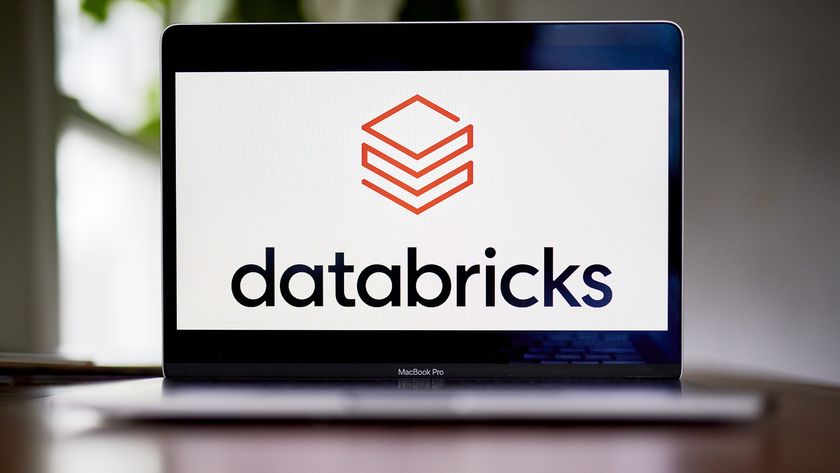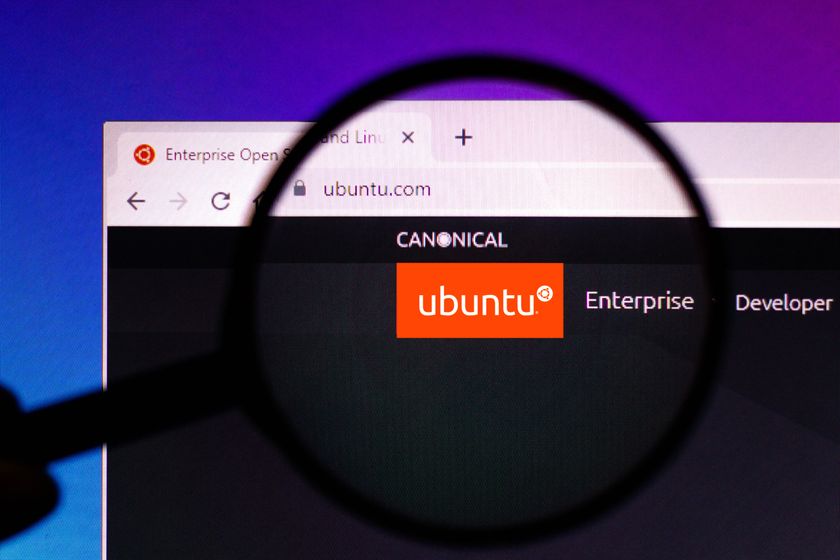Do modern users want phones from 1984?
Intel's context aware computing will help your devices learn everything they need to know about you, but does the modern day user want a big brother handset?
One Intel fellow claimed allowing devices to learn what we loved would be a great help for everyday life.
Genevieve Bell, Intel Labs director of interaction and experience research, said: "Part of the reason you want to talk about love is it is incredibly important that people have strong relationships, [even] with their devices."
She added: "If we get context right, even a little bit right, it will propel a number of new experiences."
However, even she conceded that there were "complicated attitudes" towards how much information people wanted to reveal and to move that onto a portable device would be quite a leap and need a change of mindset.
"We need to go and actually talk to people more," Bell added, claiming an awareness of when people didn't want to be tracked was required, as well as when they wanted to share.
Feeling secure
The argument against having all this information, from bank details to emotions, is the danger of this slipping into the wrong hands.
Get the ITPro. daily newsletter
Sign up today and you will receive a free copy of our Focus Report 2025 - the leading guidance on AI, cybersecurity and other IT challenges as per 700+ senior executives
We see on an almost daily basis those that we trust with our information leak or take advantage of it. Banks lose details, Governments lose data, even hospitals lose USB sticks, but on a personal level we are all even more likely to lose our keys or, in the worst case scenario for this situation, lose our phones.
Obviously Rattner said security would be a high priority with these type of devices, and admitted he knew it wouldn't be the last time the question came up, but he argued people were already chosing to put their personal information out there for people to see.
"There are half a billion Facebook users," he said, "and the amount of information that people willingly, happily, gladly give out I think has astonished most of us, certainly those of us who have been in the field for a long time."
As a result, Rattner argued people would be more than willing to give this information out as they are already revealing even more in the online space, rather than just to a personal device.
Jennifer Scott is a former freelance journalist and currently political reporter for Sky News. She has a varied writing history, having started her career at Dennis Publishing, working in various roles across its business technology titles, including ITPro. Jennifer has specialised in a number of areas over the years and has produced a wealth of content for ITPro, focusing largely on data storage, networking, cloud computing, and telecommunications.
Most recently Jennifer has turned her skills to the political sphere and broadcast journalism, where she has worked for the BBC as a political reporter, before moving to Sky News.















